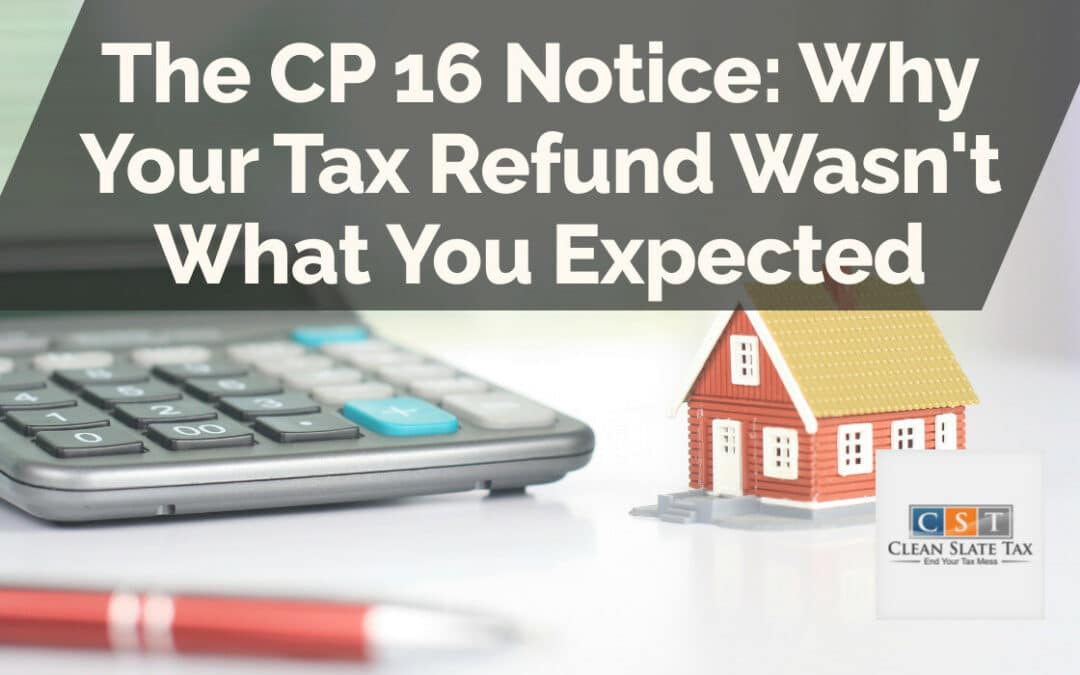When tax season comes around, many taxpayers eagerly anticipate a generous refund. However, there may be times when you receive less than what you were expecting. A common reason for this is due to an IRS notice, specifically a CP 16 notice. If you have received one of these before, you may already be aware, but for those who haven’t – you’re likely riddled with questions. Why did I receive less than I anticipated? What is a CP 16 notice? Do I need to do anything? To clarify these queries, this article provides a comprehensive understanding of the CP 16 notice.
Understanding the CP 16 Notice
A CP 16 notice is a letter from the Internal Revenue Service (IRS) informing the taxpayer that there have been changes to their return, which has affected the refund amount. There can be several reasons behind the issuance of a CP 16 notice, ranging from mathematical errors in the taxpayer’s filed return to the IRS identifying deductions and credits that the taxpayer isn’t eligible for.
What Triggers a CP 16 Notice?
The IRS might send a CP 16 notice due to reasons such as:
- Errors in calculation on the taxpayer’s return.
- Discrepancies between the reported and IRS-recorded income.
- Error in deductions or credits for which the taxpayer is not eligible.
It’s essential to note that the IRS does not send this notice arbitrarily. There is always a reason, and they are bound to explain that reason to the taxpayer to make themselves clear.
How to Respond to a CP 16 Notice?
Once the taxpayer receives a CP 16 notice, there are several key steps to undertake:
- Review the notice thoroughly.
- Compare the changes the IRS made with your original tax return.
- If you agree with the changes, no response is required. However, if you disagree, it’s crucial to contact the IRS. The notice will highlight the specific steps to follow.
Frequently Asked Questions about CP 16 Notice
1. Will a CP 16 notice affect my future tax returns?
No, a CP 16 notice applies only to the particular tax return for the year cited in the notice. It does not directly affect future tax returns. However, it may influence your future filings if the same mistake is repeated.
2. Is it mandatory to respond to a CP 16 notice?
No, it’s not mandatory to respond to a CP 16 notice, especially if you agree with the changes made by the IRS. However, if there’s disagreement, it’s recommended to respond.
3. What happens if I don’t agree with the changes mentioned in the CP 16 notice?
If you do not agree with the changes, you can dispute them. The CP 16 notice will contain specific instructions on how to proceed in such a situation.
Knowing why you received less refund than you expected can be a turning point for many taxpayers. Gaining an understanding of what a CP 16 notice is, the reasons behind it, and how to address it can greatly reduce any associated stress or confusion. Remember, it’s intended to help you understand your tax obligations, not complicate them.





